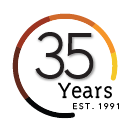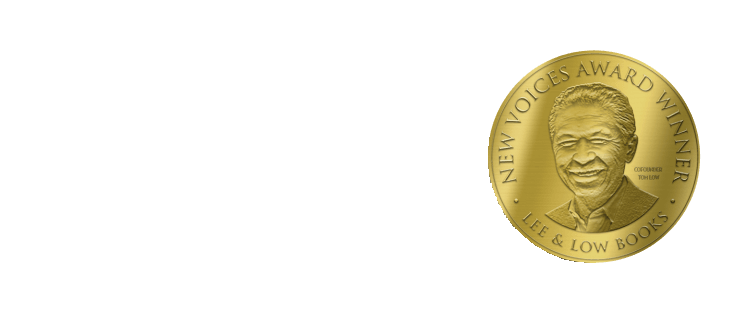The number of demands to ban or restrict library materials nearly doubled in 2022, according to a report from the American Library Association.
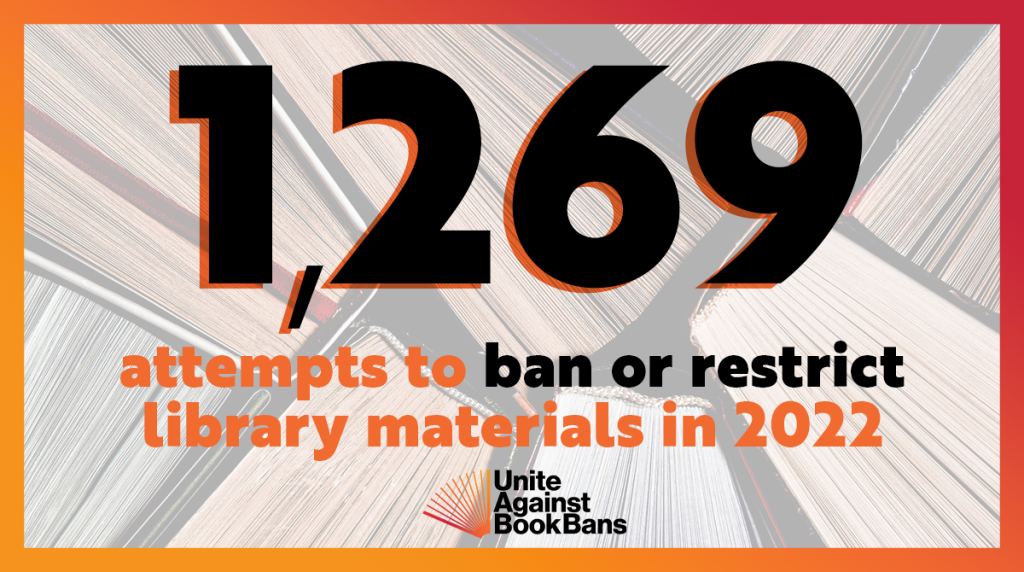
“A book challenge is a demand to remove a book from a library’s collection so that no one else can read it. Overwhelmingly, we’re seeing these challenges come from organized censorship groups that target local library board meetings to demand removal of a long list of books they share on social media,” said Deborah Caldwell-Stone, director of ALA’s Office for Intellectual Freedom. “Their aim is to suppress the voices of those traditionally excluded from our nation’s conversations, such as people in the LGBTQIA+ community or people of color.”
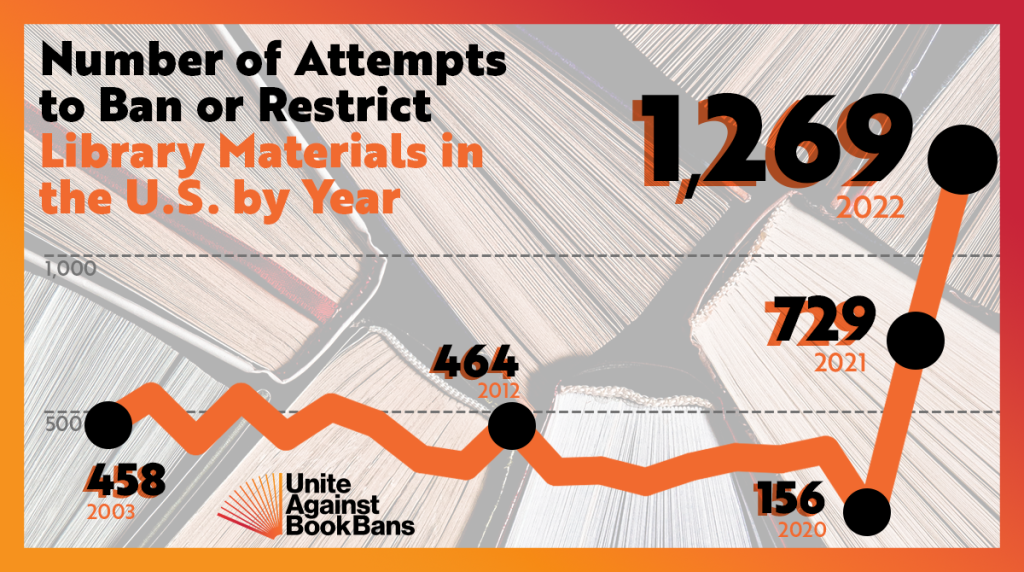
“Each attempt to ban a book by one of these groups represents a direct attack on every person’s constitutionally protected right to freely choose what books to read and what ideas to explore,” said Caldwell-Stone. “The choice of what to read must be left to the reader or, in the case of children, to parents. That choice does not belong to self-appointed book police.”
A record 2,571 unique titles were targeted for censorship, a 38% increase from the 1,858 unique titles targeted for censorship in 2021. Of those titles, the vast majority were written by or about members of the LGBTQIA+ community and people of color.
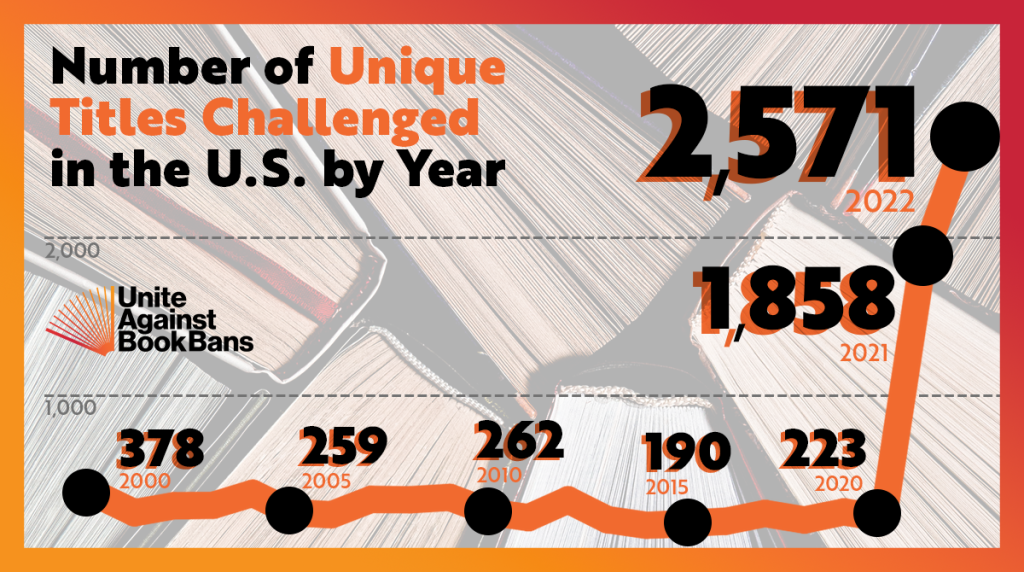
The prevalent use of lists of books compiled by organized censorship groups contributed significantly to the skyrocketing number of challenges and the frequency with which each title was challenged. Of the overall number of books challenged, 90% were part of attempts to censor multiple titles. Of the books challenged, 40% were in cases involving 100 or more books
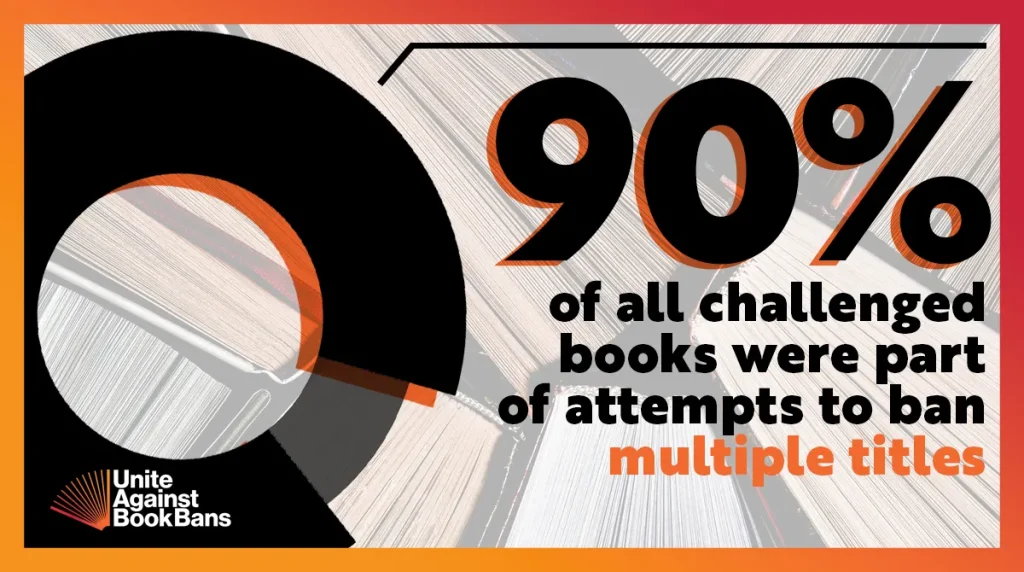
This organized censorship has led to librarians being harassed and threatened with violence or legal action.
“Every day professional librarians sit down with parents to thoughtfully determine what reading material is best suited for their child’s needs,” ALA President Lessa Kanani’opua Pelayo-Lozada said. “Now, many library workers face threats to their employment, their personal safety, and in some cases, threats of prosecution for providing books to youth they and their parents want to read.”
The data reaffirms what we already know to be true—this is a calculated attack to intentionally erase historically misrepresented communities from our school curriculum and library shelves. What’s happening with books is inextricably linked to the challenges against teaching accurate accounts of our country’s history and social emotional learning. Lee & Low trusts our Black, Indigenous, people of color, LGBTQ+, and intersectional storytellers to share their truths. Lee & Low trusts librarians and educators for their professional expertise. And above all, we believe young people have the right to access and read the books in which they see themselves.
Spread the word about the dangers of book challenges and bans on Facebook, Instagram, and Twitter. Use the United Against Book Bans Action Toolkit to organize your community against censorship and defend the freedom to read.

